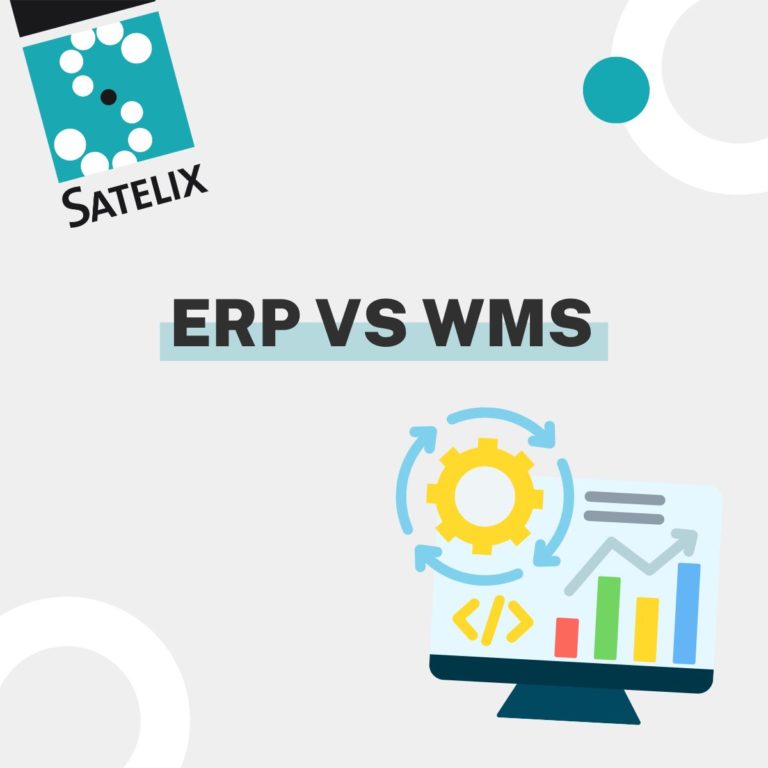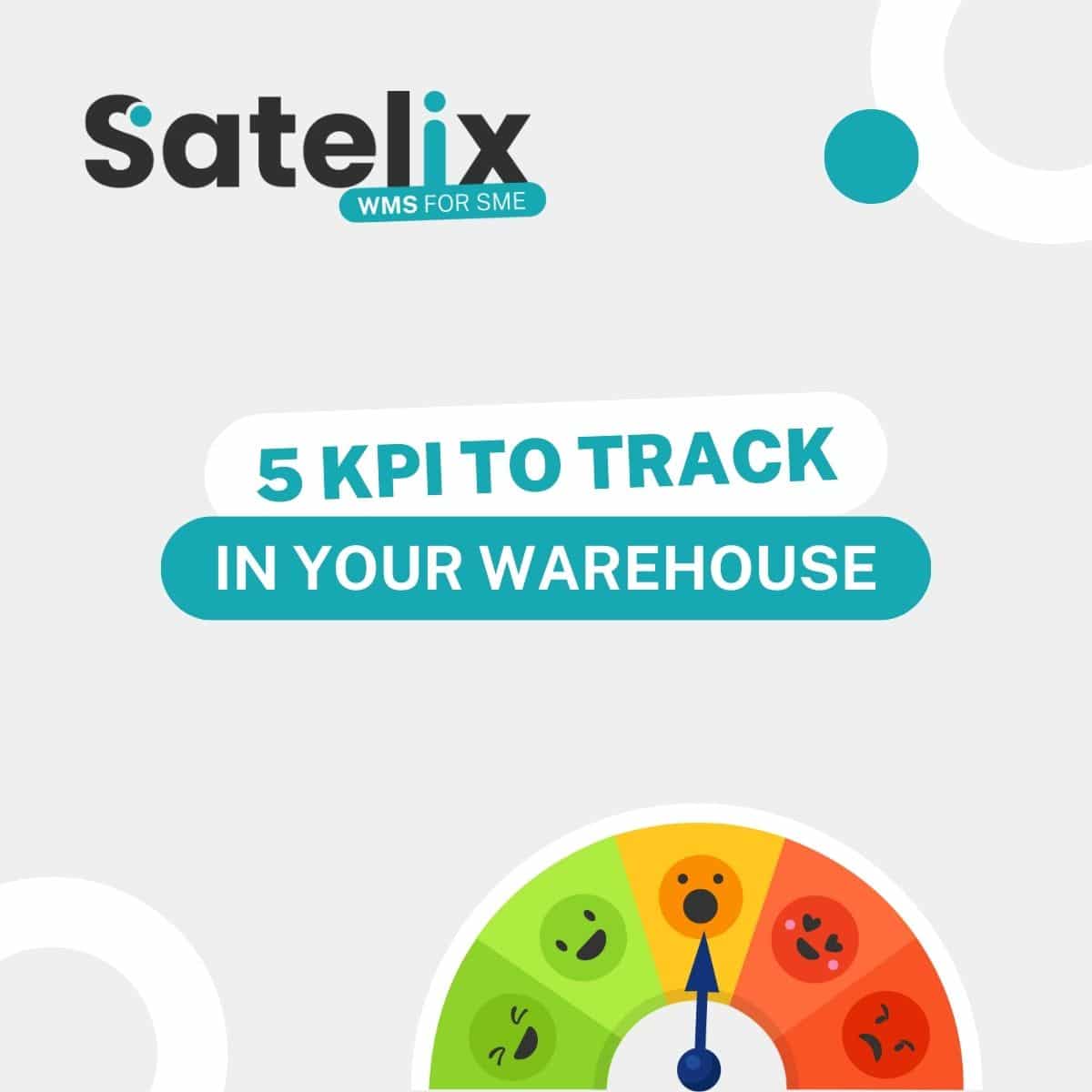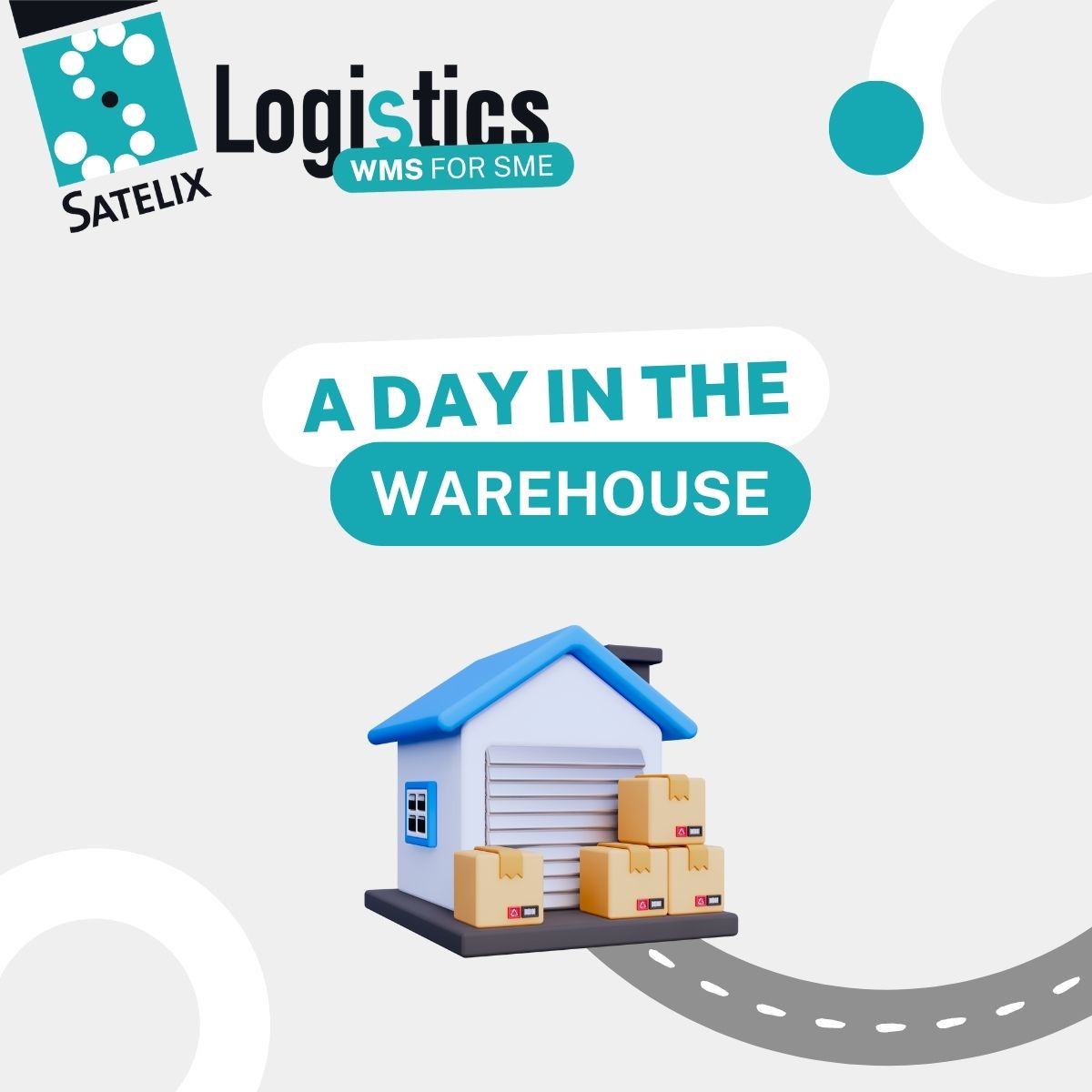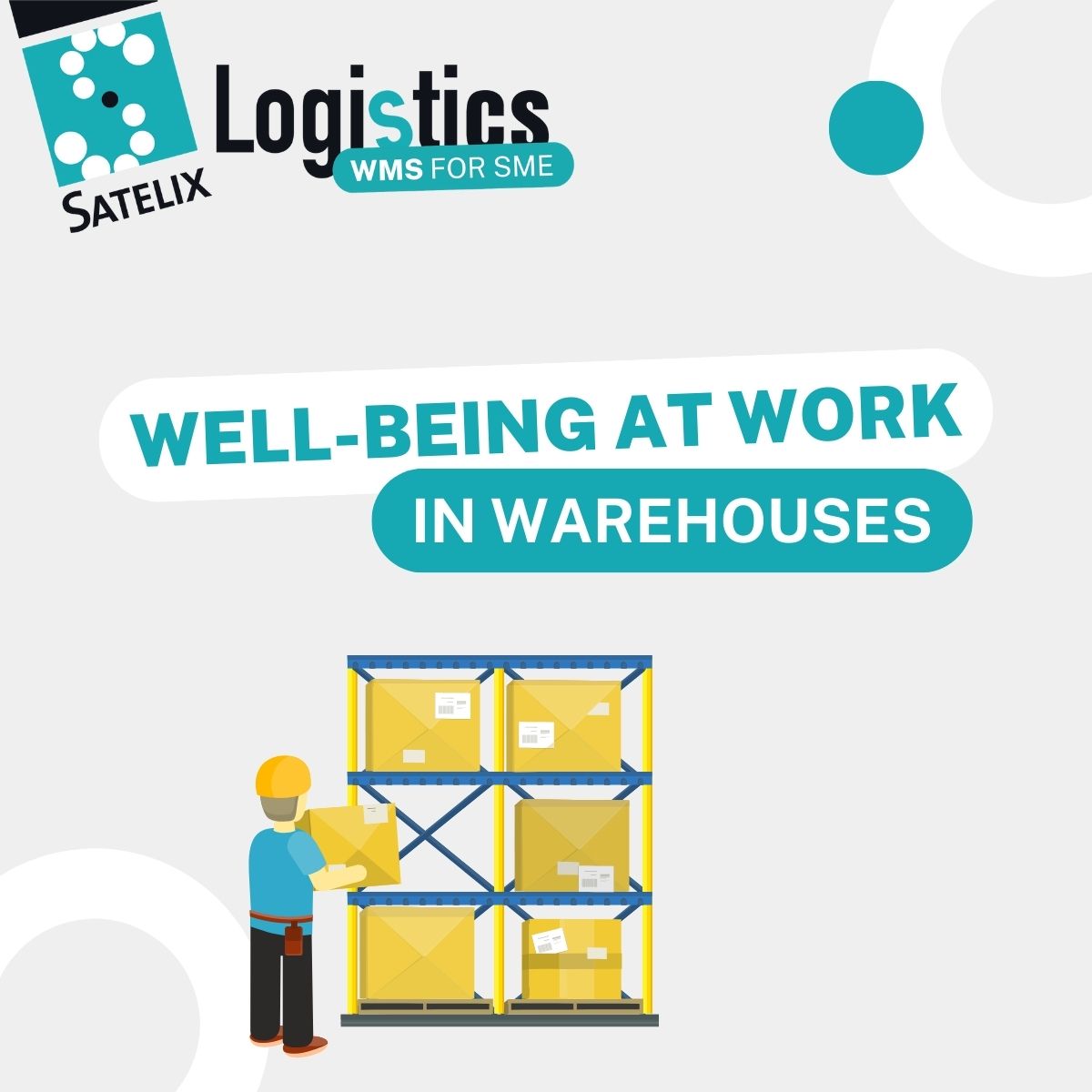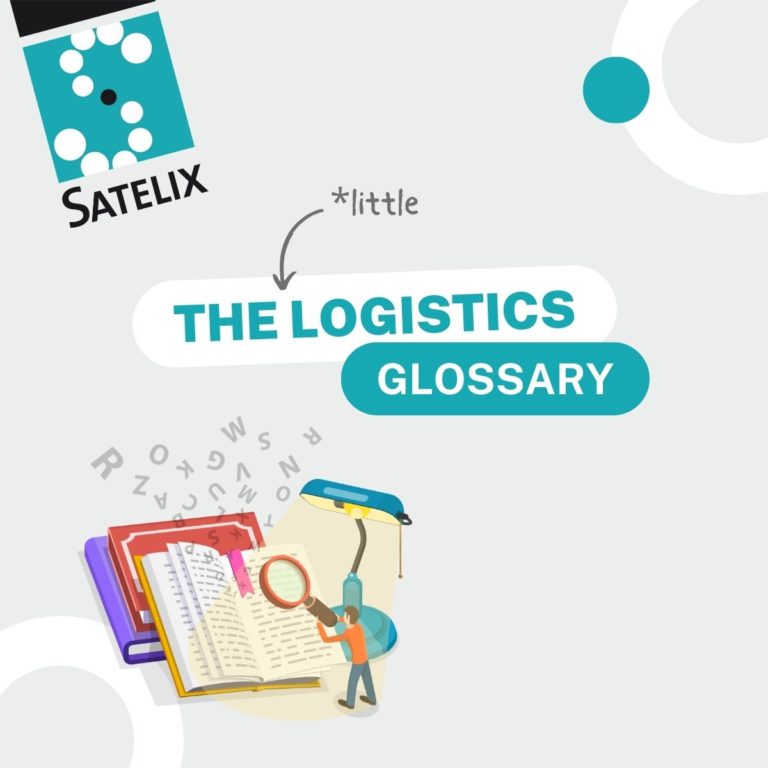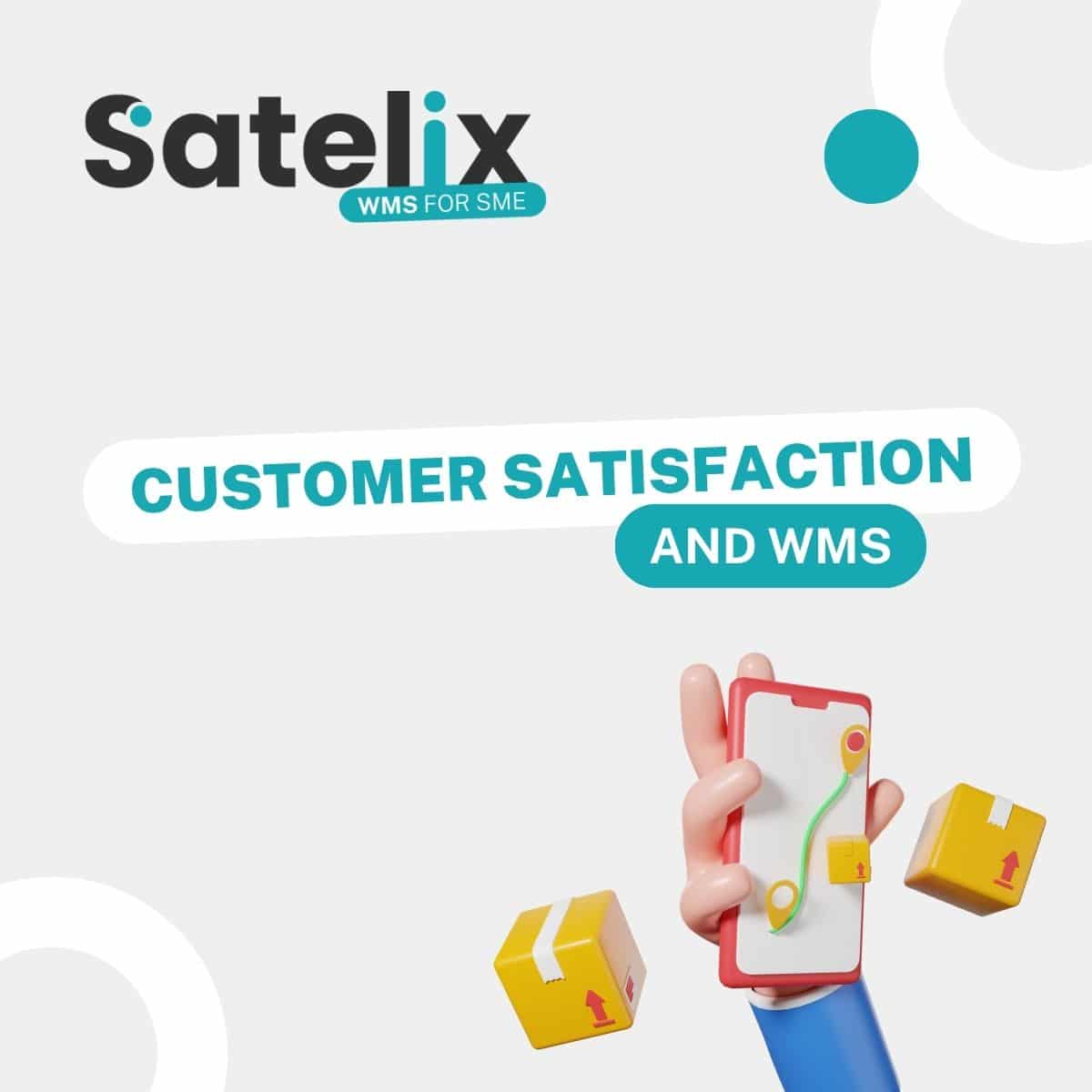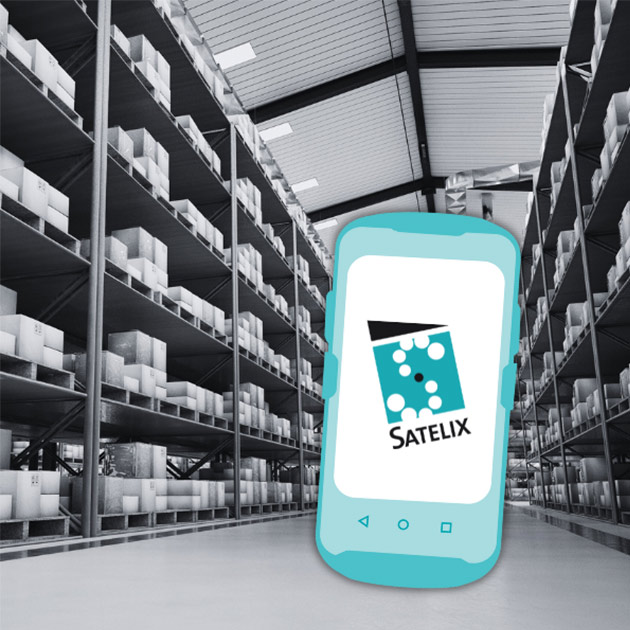Managing warehouse inventory is no trivial task. Too long, too error-prone, too expensive… unless you’re equipped with a WMS (Warehouse Management System). Let’s explore, side by side, how a WMS transforms your inventory—and your day-to-day logistics with an before and after.
Why digitise your inventory with a WMS?
What exactly is a logistics inventory?
Inventory in logistics refers to the process of counting, verifying, and valuing all stock present in a warehouse at a given moment. The goal? To obtain a snapshot of your stock at time T.
This process can be annual, cyclical or permanent—and is legally required in many countries. But in practice, it’s often seen as a logistical nightmare.
Without digital tools, it’s a real headache
Many SMEs still manage inventory:
-
on paper or with Excel spreadsheets,
-
without automated traceability,
-
with frequent input errors,
-
and by mobilising the entire team for several days.
In short… it’s a real productivity killer.
Inventory before WMS: the limits of a manual process
Time-consuming and risky procedures
A traditional inventory without WMS usually means:
-
⌛ 3 to 5 days of intensive counting,
-
❌ Around 10% errors (source: Supply Chain Magazine),
-
😰 Disrupted or stalled operations,
-
💸 Significant financial and human costs.
Common real-life issues
-
Undetected stockouts = delayed deliveries.
-
Misplaced items = lost time for operators.
-
Customer returns = skewed inventory records.
-
Obsolete or dead stock = wasted resources.
Inventory after WMS: welcome to a new era
A WMS optimises every step
With a WMS like Satelix WMS, you gain on all fronts:
-
📲 Items are scanned directly in the aisles using mobile terminals,
-
📊 Stock levels are automatically updated in the system,
-
📍 Full traceability: who counted what, when, and where,
-
📈 Real-time dashboards to monitor progress.
Results you can measure
| Key aspects | Without WMS | With WMS |
|---|---|---|
| Inventory duration | 3 to 5 days | 1 day or less |
| Error rate | ~10% | <1% |
| Real-time tracking | ❌ Not available | ✅ Yes |
| Team satisfaction | 😓 Stressed | 😌 Relaxed |
| Overall cost | 💸 High | 💰 Profitable short-term |
Real benefits for SMEs
📦 Boosted productivity. Staff spend less time locating products or fixing errors.
🔄 Improved stock rotation. Accurate stock levels mean fewer shortages and better identification of slow movers.
✅ Reliable, compliant data. Your inventories are accurate, up-to-date and fully auditable.
🤝 Less stress for your teams. A digitised inventory process is smoother, more structured and positively received by staff.
How to transition to a WMS without disrupting operations
1. Audit your current methods. Identify sticking points: duplicate entries, frequent errors, untracked areas…
2. Choose a WMS suited to your company size. Solutions like Satelix WMS are designed for SMEs: quick deployment, intuitive interface, and measurable ROI from the start.
3. Get your teams on board from the start. Success depends on user adoption. Good training makes all the difference.
With a WMS, your next inventory really can go better
Switching to a WMS to manage inventory isn’t a luxury—it’s a strategic necessity. Time savings, fewer errors, better customer service: the benefits are visible from your very first stock take.
And at Satelix, we’re here to support you every step of the way!
Unlock the power of Satelix
Enjoyed this article? Follow us on LinkedIn to stay up to date with our latest news! 😌







